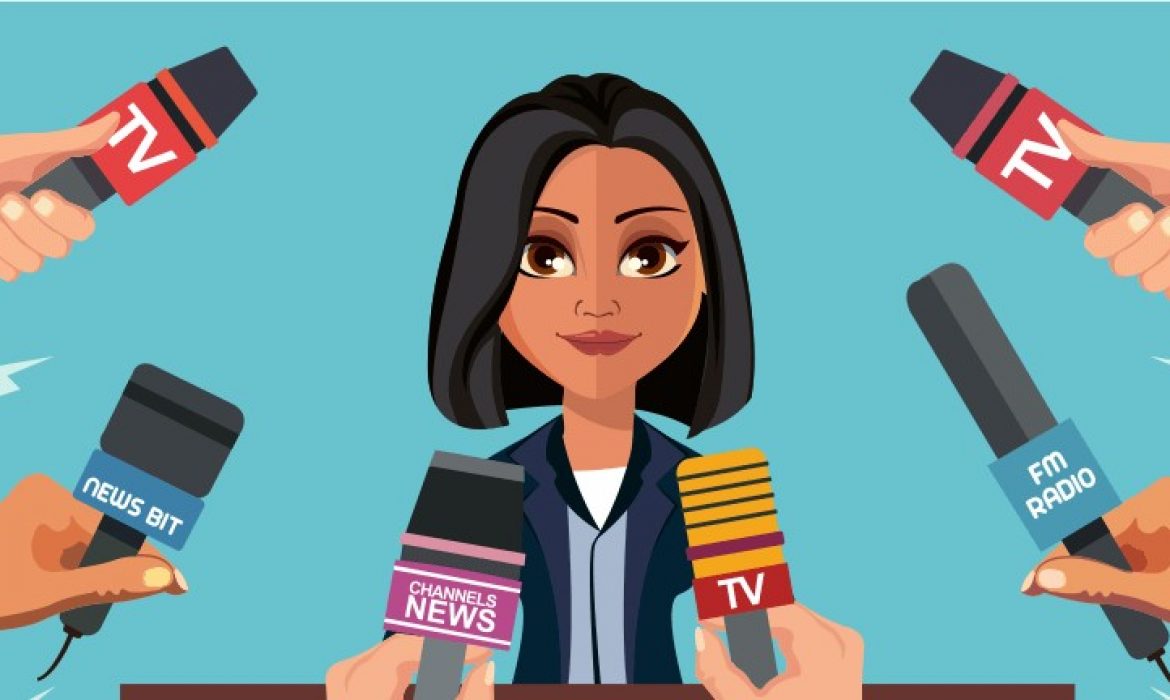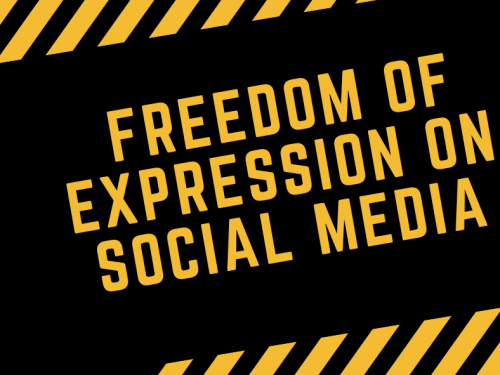The urge to read landed me onto an online story where customers joined efforts to boycott services and products offered by a certain company. This followed a local newspaper report about a government official for assaulting the company’s female guard. It was alleged that the official assaulted the guard when she insisted that he must be checked to access the company premises.
I remembered a famous saying from school that “A good leader leads by example”, I wondered why a government official did not want to follow protocol yet it is a mandatory routine. We have all obeyed security rules at check points to rule out security threats at banks, supermarkets, hotels, schools among others.
In response to the local newspaper report, the company was quick to publicly apologize to the government official ignoring the guard. This reflected the company as a bad employer and ignited public outcry in the court of public opinion. To make matters worse, the company issued two contrary statements from different departments. You cannot afford to make mistakes when managing a crisis.
It is true, a crisis instantly brings to mind a sense of panic however the company should have initiated a relationship with the local newspaper, write one statement and request the newspaper to publish it to rectify the matter instead of taking sides.
Remember the saying: ‘Public Relations is about relationships and engagement!’
For starters, if ever your client is faced with an image crisis, creating and maintaining a good working relationship with the media is very important. Responsible journalists are not interested in baseless chitchats that fuel negative narratives. They check and cross-check the available facts before a story is considered credible and newsworthy. In this regard, communicators, PROs and the media share the same goal during a crisis: getting reliable and updated information. The sensationalists and rumormongers cannot win in such circumstances.
On the other hand, Public Relations practitioners have the job of protecting their clients’ brands but, journalists see an opportunity to break a story that will enhance the visibility of their media houses. This is why media relations are crucial during a crisis, because it allows for engagement and not confrontation. Journalists will be eager to attend and cover a press conference because of the good relations you have established with them. This provides you with a platform to disseminate press statements and facts to protect and defend the brand/product you represent.
In times of crisis, leverage social media to protect your brand. In fact, it should be your first line of defense. Post press statements and articles on both your personal and company Facebook, twitter, LinkedIn and Website channels. Drive the narrative instead of being bulldozed by the falsehoods.

